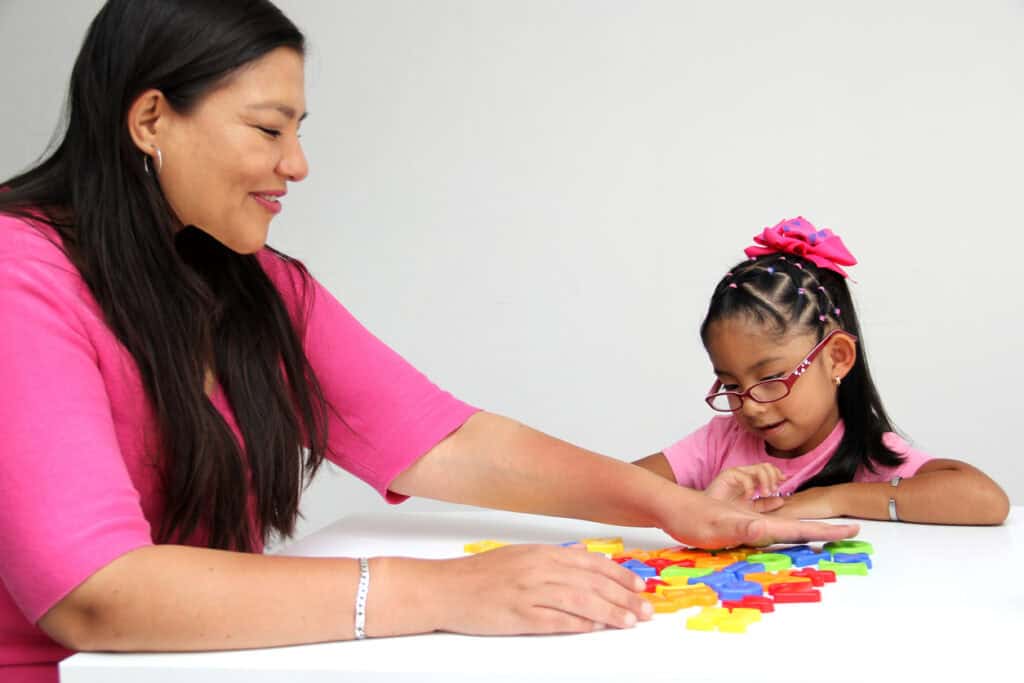Effective Learning Strategies from Psychoeducational Assessment
Understanding your unique learning style can make all the difference in how you approach education. Psychoeducational assessments offer personalized insights into your strengths and areas needing support, guiding you toward the most effective learning strategies. Whether it’s breaking tasks into smaller steps, using visual aids, or setting up a structured study environment, these strategies are tailored to help you succeed. With the right approach, challenges become opportunities for growth, empowering you to reach your full potential in your academic journey.
Unlocking Your Learning Potential
Understanding your unique learning style is crucial for academic success. Psychoeducational assessments provide a comprehensive look at your cognitive strengths and areas needing improvement. These assessments help identify the most effective strategies tailored to your individual needs, transforming potential challenges into opportunities for growth. By pinpointing your specific learning preferences, you can adopt methods that align with your natural inclinations, making the learning process more engaging and effective.
With the insights gained from these assessments, you can implement strategies such as breaking tasks into manageable steps or using visual aids to enhance comprehension. Creating a structured study environment also supports better focus and organization. These personalized approaches not only address your immediate educational needs but also foster long-term academic resilience, helping you achieve your full potential.
Tailoring Strategies for Success
Personalized learning strategies are key to overcoming academic challenges. Psychoeducational assessments offer detailed feedback on your learning style, allowing you to adopt techniques that align with your strengths. For example, if you benefit from visual learning, incorporating charts and diagrams into your study sessions can enhance understanding and retention. Similarly, if you struggle with task management, breaking down assignments into smaller, more manageable parts can make them feel less overwhelming and easier to tackle.
Additionally, understanding your learning preferences helps in setting up an effective study environment. A well-organized space with minimal distractions can improve concentration and productivity. By aligning study habits with your personal learning style, you create a more supportive and adaptive educational experience, ultimately leading to greater academic success.
Enhancing Comprehension Through Visualization
Visualization techniques are powerful tools in enhancing comprehension and retention. Psychoeducational assessments often reveal whether you learn best through visual aids such as diagrams, infographics, or videos. Incorporating these elements into your study routine can make complex information more accessible and easier to understand. For visual learners, transforming abstract concepts into visual representations can significantly boost learning efficiency.
Creating visual study aids, such as mind maps or flashcards, can also facilitate better recall during exams. These tools help organize information in a way that aligns with your learning style, making it easier to review and remember key concepts. By integrating visualization into your study habits, you enhance your ability to grasp and retain information, leading to improved academic performance.
Structuring Your Study Sessions
Effective study sessions are crucial for academic success, and psychoeducational assessments can significantly enhance your approach. For example, if long periods of focus are challenging, breaking study time into shorter, more concentrated intervals can boost productivity. Techniques like the Pomodoro Method, which involves studying for 25 minutes followed by a brief break, can help maintain engagement and prevent burnout. Additionally, establishing a consistent study routine and designated environment supports better organization and commitment. By aligning your study habits with your personal needs, you create a more effective and manageable learning process, leading to improved academic performance.
- Optimized Study Intervals: Psychoeducational assessments can reveal if longer study sessions are challenging, suggesting shorter, focused intervals instead. This approach, such as using the Pomodoro Method, can improve concentration and overall productivity.
- Pomodoro Technique Benefits: Implementing techniques like the Pomodoro Method, where you study for 25 minutes followed by a short break, can enhance focus and reduce mental fatigue. This method helps maintain high engagement levels during study sessions.
- Consistent Study Routine: Establishing a regular study schedule based on your needs can promote better organization and discipline. Consistency helps create a habit, making study sessions more effective and less stressful.
- Designated Study Environment: Creating a specific place for studying minimizes distractions and enhances focus. A dedicated study environment supports a more structured and productive learning experience.
- Personalized Study Strategies: Tailoring your study techniques to match your individual needs, as identified through psychoeducational assessments, ensures a more efficient and manageable learning process. This personalized approach leads to improved academic results.
Leveraging Strengths for Academic Growth
Harnessing your cognitive strengths is crucial for academic growth. Psychoeducational assessments identify your strongest skills and abilities, allowing you to leverage these strengths in your studies. For example, if you excel in analytical thinking, applying these skills to problem-solving tasks can lead to more effective learning outcomes. Recognizing and utilizing your strengths helps build confidence and motivation, making it easier to tackle challenging subjects.
Incorporating activities that play to your strengths can also enhance your overall learning experience. Engaging in projects or assignments that align with your abilities not only improves performance but also makes learning more enjoyable. By focusing on your strengths and integrating them into your educational approach, you foster a positive and empowering learning environment.
Adapting to Different Learning Environments
Adapting to various learning environments is essential for academic success. Psychoeducational assessments provide insights into how you respond to different settings, such as classroom environments or online learning platforms. Understanding your preferences for structured versus flexible environments can help you choose the most suitable learning context. For instance, if you thrive in a structured classroom setting, seeking courses with clear schedules and guidelines might be beneficial.
Additionally, adapting your study habits to different environments can improve your overall learning experience. If you need a quiet space to concentrate, setting up a dedicated study area at home can minimize distractions. By aligning your learning environment with your needs, you enhance your ability to stay focused and achieve your academic goals.
Overcoming Challenges with Personalized Strategies
Personalized strategies are essential for overcoming academic challenges. Psychoeducational assessments highlight specific areas where you may face difficulties, allowing you to develop targeted strategies for improvement. For example, if you struggle with reading comprehension, techniques such as summarizing texts or discussing content with peers can be effective. Identifying and addressing these challenges with customized approaches helps build resilience and confidence in your academic abilities.
Implementing personalized strategies also involves seeking additional support when needed. Whether it’s working with a tutor, participating in study groups, or using educational resources, having tailored support can make a significant difference in overcoming obstacles. By addressing challenges with a strategic and personalized approach, you enhance your ability to succeed academically and reach your full potential.
Conclusion
Incorporating effective learning strategies derived from psychoeducational assessments can significantly enhance educational outcomes. By identifying a student’s cognitive strengths and challenges, these assessments provide a tailored approach to learning that addresses individual needs. Implementing personalized strategies not only improves academic performance but also boosts confidence and motivation. Schools and parents who utilize these insights can foster a more supportive and effective learning environment, ensuring that every student receives the targeted help they need to succeed.
At Abbey Neuro Psychology Clinic in Palo Alto, CA, we are dedicated to providing comprehensive psychoeducational assessments and support. Our expertise helps in crafting educational strategies that make a real difference in students’ lives. For more information on how we can assist in developing effective learning strategies for your child, please get in touch with us.






